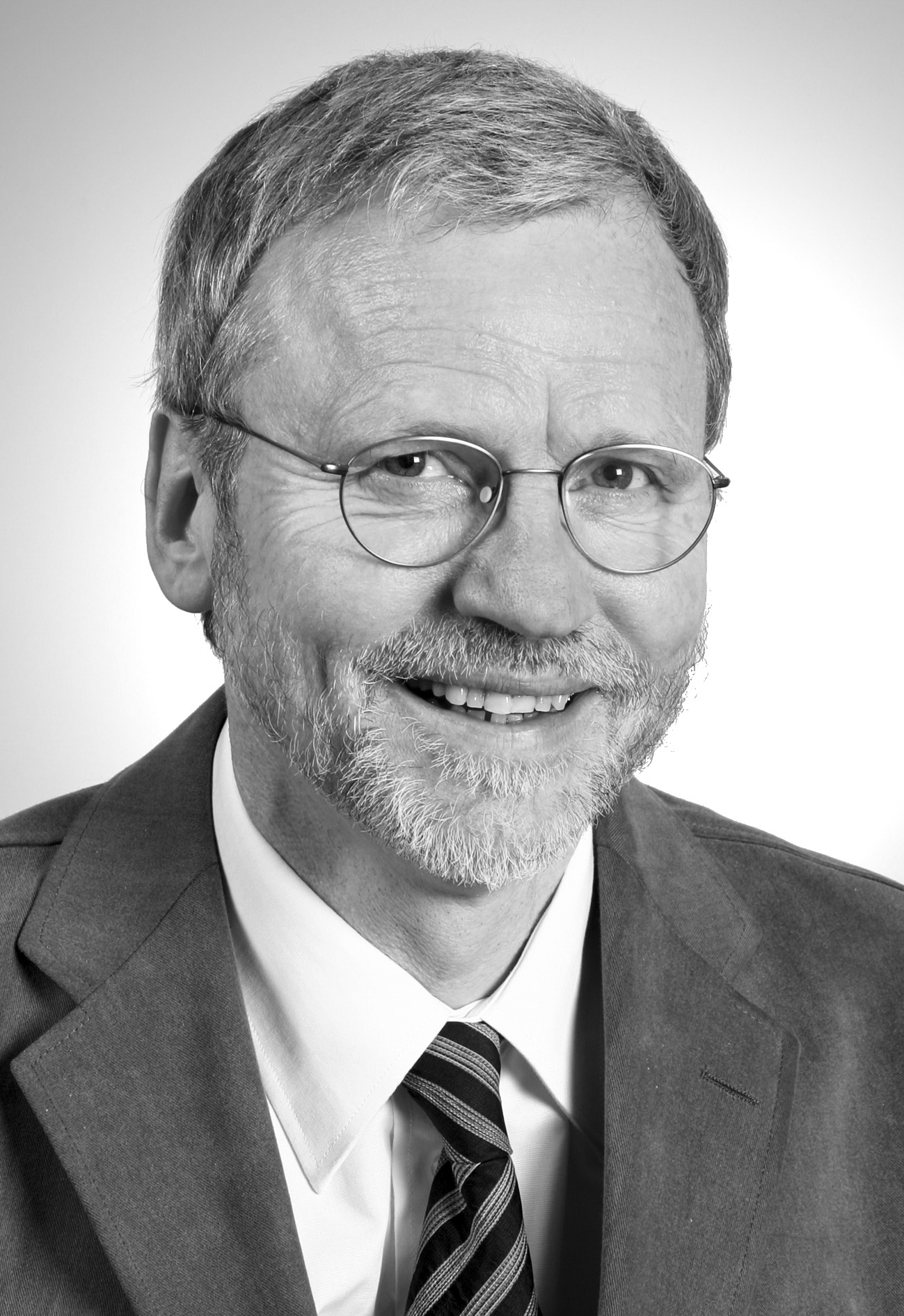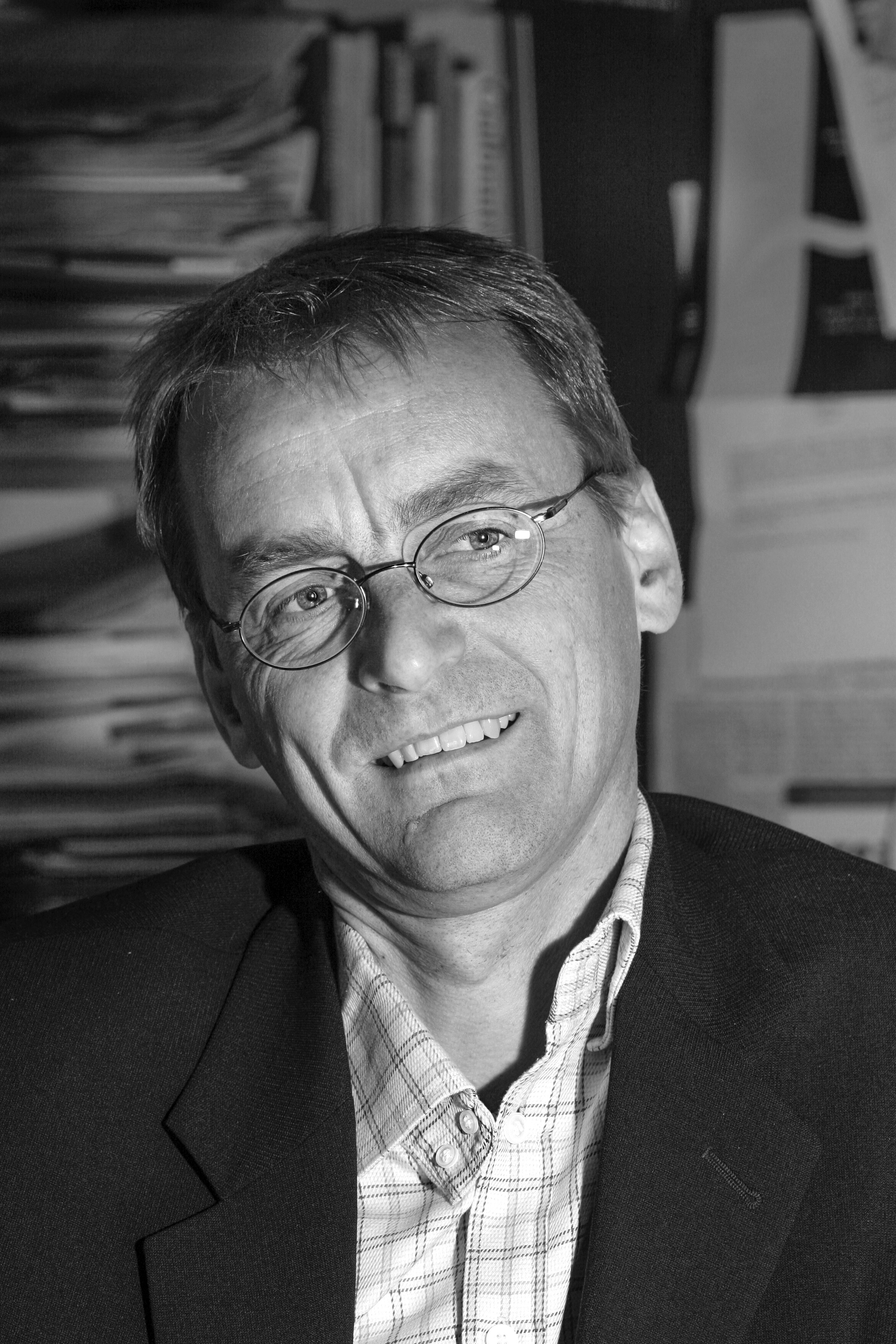Analysis panel hard at work
An analysis panel is joining forces with the senior management team to lay down the framework for internal problem analysis following the academic development process. The panel is now hard at work, and will soon be ready to hand over to an expert group who will carry out the actual analysis.


The members of the analysis panel were nominated by the four academic councils, the students, the main liaison committee and the administration. The first task was to work alongside the senior management team to decide who should be included in the expert group that will be carrying out the actual analysis.
“We felt that it was important that the expert group should consist of professors who have the necessary insight into the way the university is organised,” says Jørn Flohr Nielsen, who is the chair of the analysis panel as well as being an AU professor.
Three out of five members from BSS
The chair of the expert group is economics professor Torben M. Andersen, who was chair of the Danish Tax and Welfare Commission in 2009-11. Three of the five members of the group come from BSS, and there is one from the Faculty of Arts and one from the administration at the Faculty of Health. Andersen feels that this is a reasonable distribution in the light of the nature of the task.
“This kind of analysis requires a certain amount of technical know-how, which is where people from BSS have a lot to offer. For instance, our two professors of political science are researchers in public-sector organisation and management. But the group can also include expertise from other areas, and the analysis will hopefully be well received throughout the organisation,” he underlines.
“We think it’s important that the expert group should cover the problems on a broad scale throughout our departments,” says Jørn Flohr Nielsen.
Terms of reference ready in February
Another important task facing the analysis panel involves drawing up the terms of reference which will constitute the formal brief for the analysis. Once again, this will be done in cooperation with the senior management team. This work is well in hand already, and should be completed by 17 February. The senior management team have already indicated three central themes for the analysis: administrative support for the departments, the organisation of the academic environments in the main academic areas, and appreciative and inclusive management.
Once these terms of reference are ready, the expert group will go to work. Torben M. Andersen views the task that lies ahead as follows:
“This is a big, important task. We’ll be looking at questions related to AU’s organisation and management as well as the administrative area. We need to consider and evaluate the changes that AU has been through, and we need to identify the main problems. This will enable us to provide the management with objective input, enabling them to take action,” he says. And he adds:
“Some people might question how objective we really are. After all, the members of the expert panel are all employed by AU. But we’re objective in the sense that we haven’t been involved in management decisions, and we’ve been given a free hand to carry out our task in the way that we find most appropriate.”
Teamwork is the key
Jørn Flohr Nielsen expects the analysis panel to be a sparring partner for the expert group during the analysis process.
“The analysis panel can continue to supply input even after the expert group goes to work. The legitimacy of the panel rests on the fact that we were nominated by the environments affected by the problems. We can also help to identify relevant expertise and contacts from the main academic areas.”
Andersen agrees.
“The analysis panel is an important sparring partner because they represent a broader cross-section of people than we do. So we value our teamwork with them. We’ll also be keeping in touch with the staff so they feel involved in the process. We haven’t yet decided exactly how to do this – but a questionnaire might be a good idea.”
The expert panel will have a report ready in May, a deadline that produces the following response from Andersen:
“That’s not long, but then again we don’t want to discuss the issue to death and a fast-track process is what’s required. These are important problems affecting a lot of employees, so we need results without undue delay.”
When the expert group produces its report, the analysis panel will have the chance to pass comment before it is sent to the senior management team and the board. The management will then draw up proposals for changes, and there will be a process of hearings at the university.
Members of the expert group
- Torben M. Andersen, professor, Department of Economics and Business, BSS (chair)
- Jens Blom-Hansen, professor, Department of Political Science and Government, BSS
- Andreas Roepstorff, professor with special responsibilities, Department of Culture and Society and director of the Interacting Minds Centre, Faculty of Arts
- Lotte Bøgh Andersen, professor, Department of Political Science and Government, BSS
- Steen Harrit Jakobsen, administration centre manager, Faculty of Health
Members of the analysis panel
- Jørn Flohr Nielsen, professor, Department of Marketing and Organisation, BSS (chair)
- Morten Raffnsøe-Møller, associate professor, Department of Culture and Society, Faculty of Arts
- Mogens Vestergaard, section manager, Department of Animal Science, ST
- Kamille Smidt Rasmussen, associate professor, Department of Biomedicine, Faculty of Health
- Christian Kraglund, PhD student, Department of Physics and Chemistry, ST
- Sune Koch Rønnow, student, Department of Culture and Society, Faculty of Arts
- Aase Pedersen, joint union representative for the technical/administrative staff
- Per Dahl, joint union representative for the academic staff
- Louise Gade, deputy director, AU HR
- Niels Damgaard Hansen, administration manager, ST
Translated by Nicholas Wrigley

